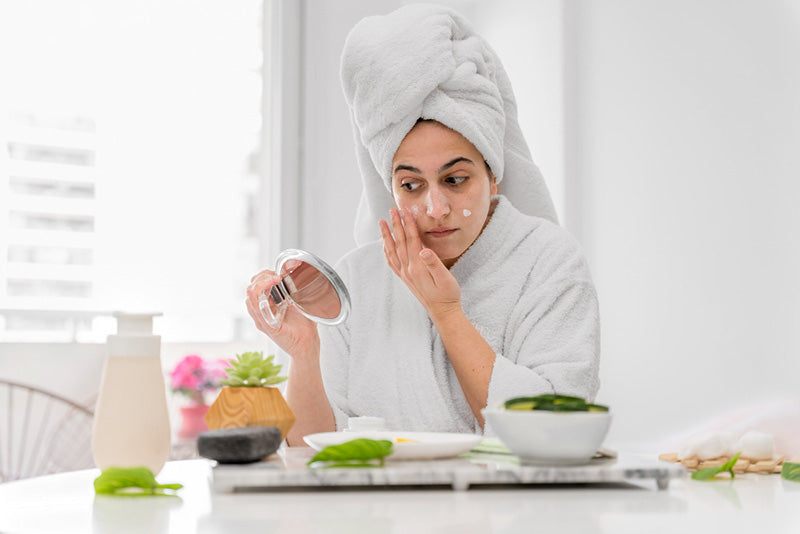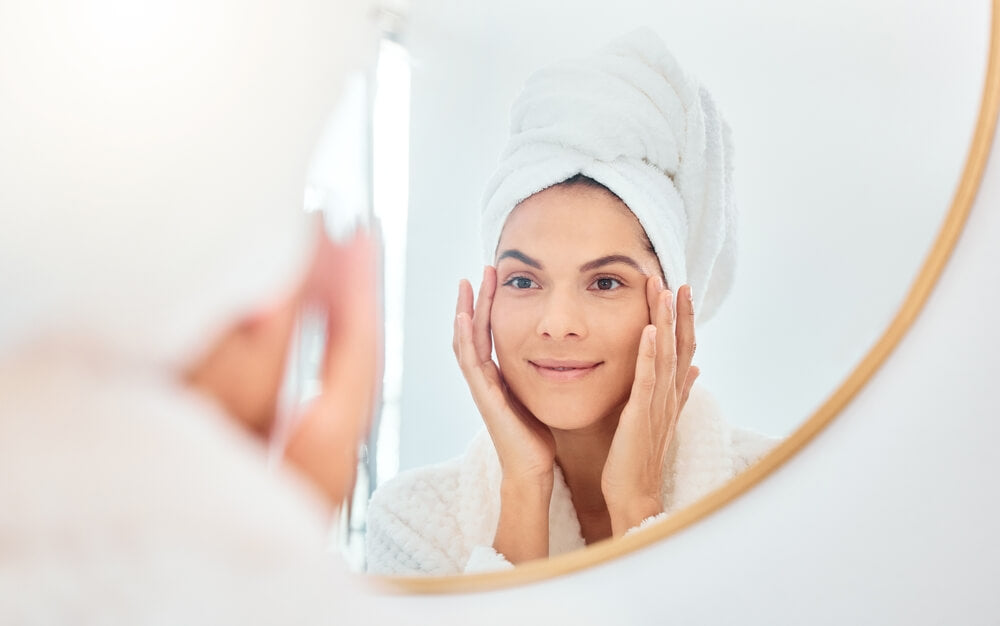Best Ingredients for Glowing Skin: Essential Elements Explained
Achieving a radiant and luminous complexion is a goal many aspire to, especially in the world of beauty and skincare. As a beautician, understanding the best ingredients for glowing skin is crucial in helping your clients attain that coveted glow. The right ingredients can transform dull, tired skin into a vibrant and youthful visage. This article delves into the various elements that promise to invigorate the skin, while also highlighting the science behind their efficacy.

The Science of Glowing Skin
Before we jump into the best ingredients, it's important to understand why skin loses its natural glow. Factors such as environmental stressors, lack of hydration, poor nutrition, and aging can all contribute to a decrease in skin radiance. When the skin's natural barrier is compromised, it struggles to retain moisture and essential nutrients, leading to a lackluster appearance. This is where targeted skincare ingredients come into play, offering nourishment, protection, and rejuvenation.
Vitamin C: The Brightening Powerhouse
Vitamin C is renowned for its ability to brighten and even out skin tone. As an antioxidant, it helps protect the skin from free radical damage caused by UV exposure and pollution. Regular use of Vitamin C can fade hyperpigmentation and enhance collagen production, contributing to firmer and more radiant skin. For more information on effective skincare routines incorporating Vitamin C, check out this guide on skincare routines.
Hyaluronic Acid: The Ultimate Hydrator
One of the best ingredients for glowing skin is Hyaluronic Acid. Known for its incredible hydrating properties, it can hold up to 1000 times its weight in water. This means it effectively plumps the skin, reducing the appearance of fine lines and making the skin look more supple and youthful. Incorporating hyaluronic acid into your skincare regimen ensures that the skin remains hydrated, which is key for maintaining that healthy glow.
Niacinamide: The Multi-Tasking Marvel
Niacinamide, also known as Vitamin B3, is celebrated for its versatility in skincare. It helps to reduce inflammation, minimize pore appearance, and improve skin elasticity. Niacinamide also strengthens the lipid barrier, allowing the skin to retain moisture more effectively. For beauticians, recommending products with niacinamide can be a game-changer for clients dealing with uneven skin tone and texture.
Retinol: The Anti-Aging Ally
No list of best ingredients for glowing skin would be complete without mentioning Retinol. A derivative of Vitamin A, retinol is a powerful ingredient that accelerates cell turnover, revealing newer and brighter skin beneath. It also stimulates collagen production, which can reduce the appearance of fine lines and wrinkles. While retinol can be potent, using it in conjunction with soothing and hydrating ingredients can help mitigate any potential irritation.
Natural Oils: Nourishing and Restorative
Natural oils like jojoba, rosehip, and argan are excellent for nourishing the skin and restoring its natural glow. These oils are rich in essential fatty acids and antioxidants, which help repair the skin barrier and lock in moisture. As a beautician, guiding clients towards using the right oils for their skin type can enhance their overall skincare routine. For more on skincare tips, you might find this article on skincare tips helpful.
Green Tea Extract: The Soothing Antioxidant
Green tea extract is another excellent addition to any skincare regimen aimed at achieving glowing skin. Rich in polyphenols, it provides antioxidant protection and soothes irritated skin. This ingredient is particularly beneficial for those with sensitive or acne-prone skin, as it helps reduce redness and inflammation.

FAQs
What is the most important ingredient for glowing skin?
While there are several important ingredients, Vitamin C is often highlighted for its brightening and anti-aging properties.
Can natural oils replace moisturizers?
Natural oils can complement moisturizers by providing additional nourishment and hydration, but they may not replace the need for a dedicated moisturizer, especially for those with dry skin.
How often should I use retinol?
Retinol should be introduced gradually into a skincare routine, typically starting with two to three times a week, depending on skin sensitivity and tolerance.
For a comprehensive understanding of which ingredients to avoid and those that offer benefits, visit this page on skincare ingredients.
This article contains affiliate links. We may earn a commission at no extra cost to you.

